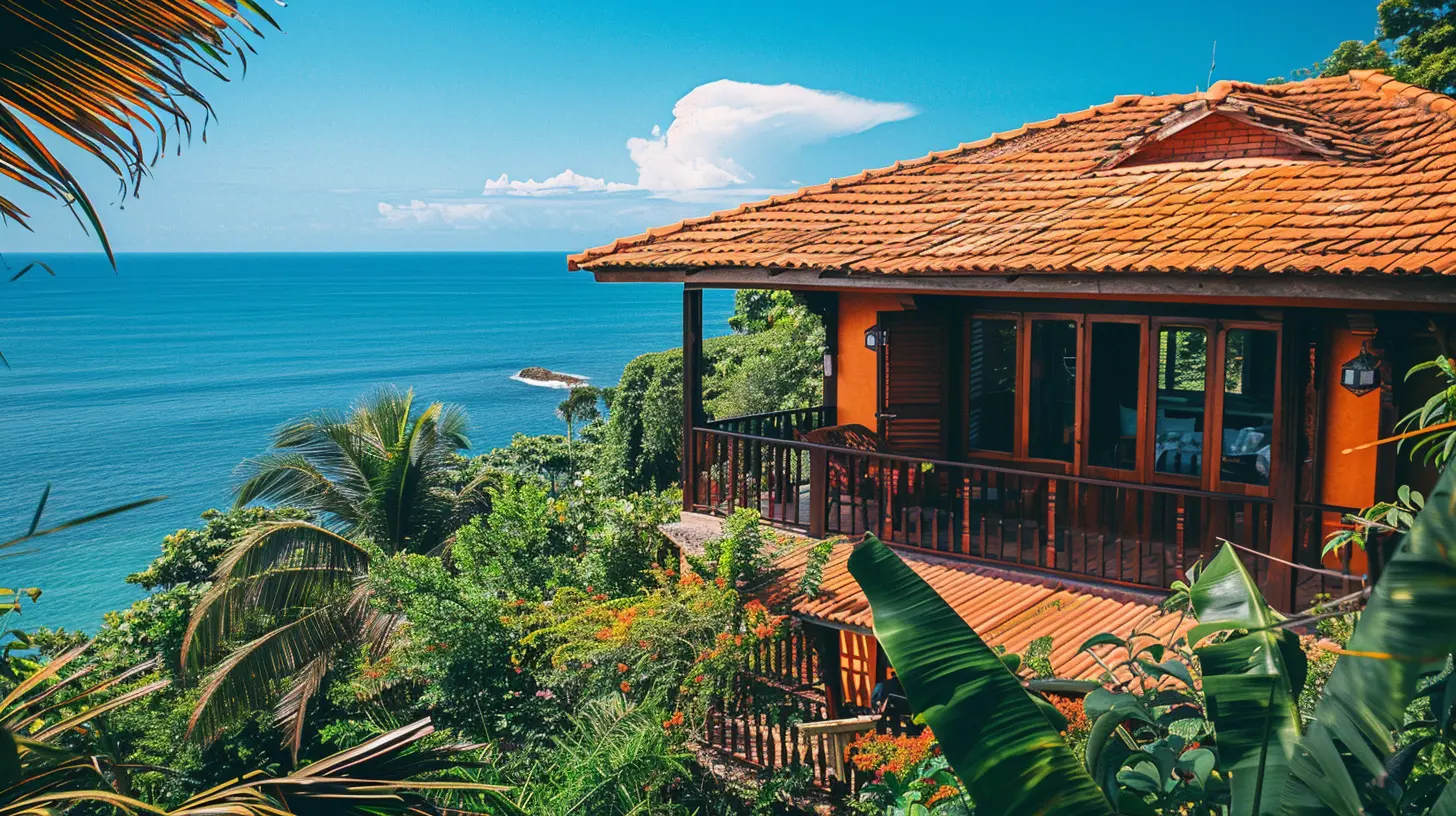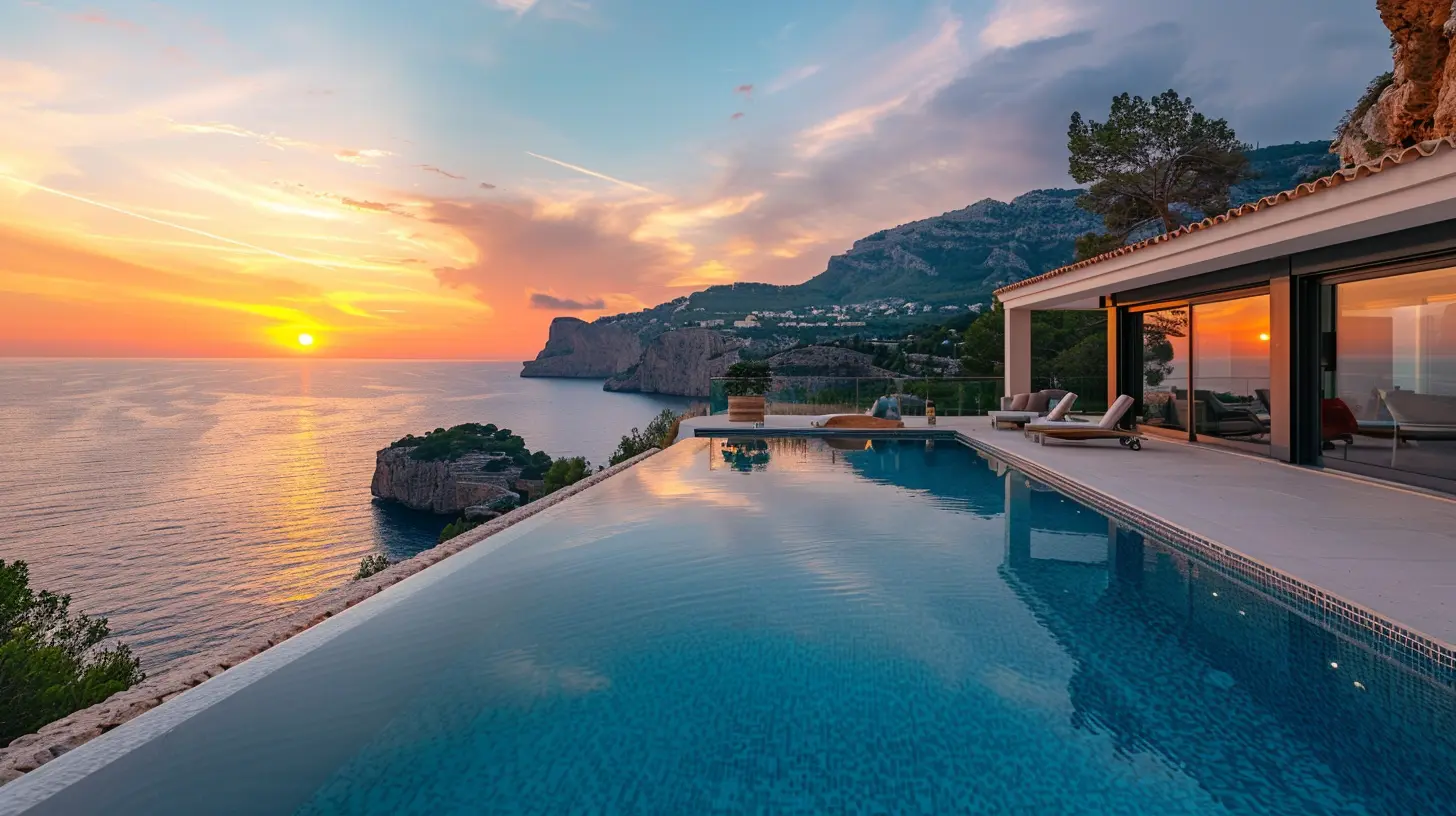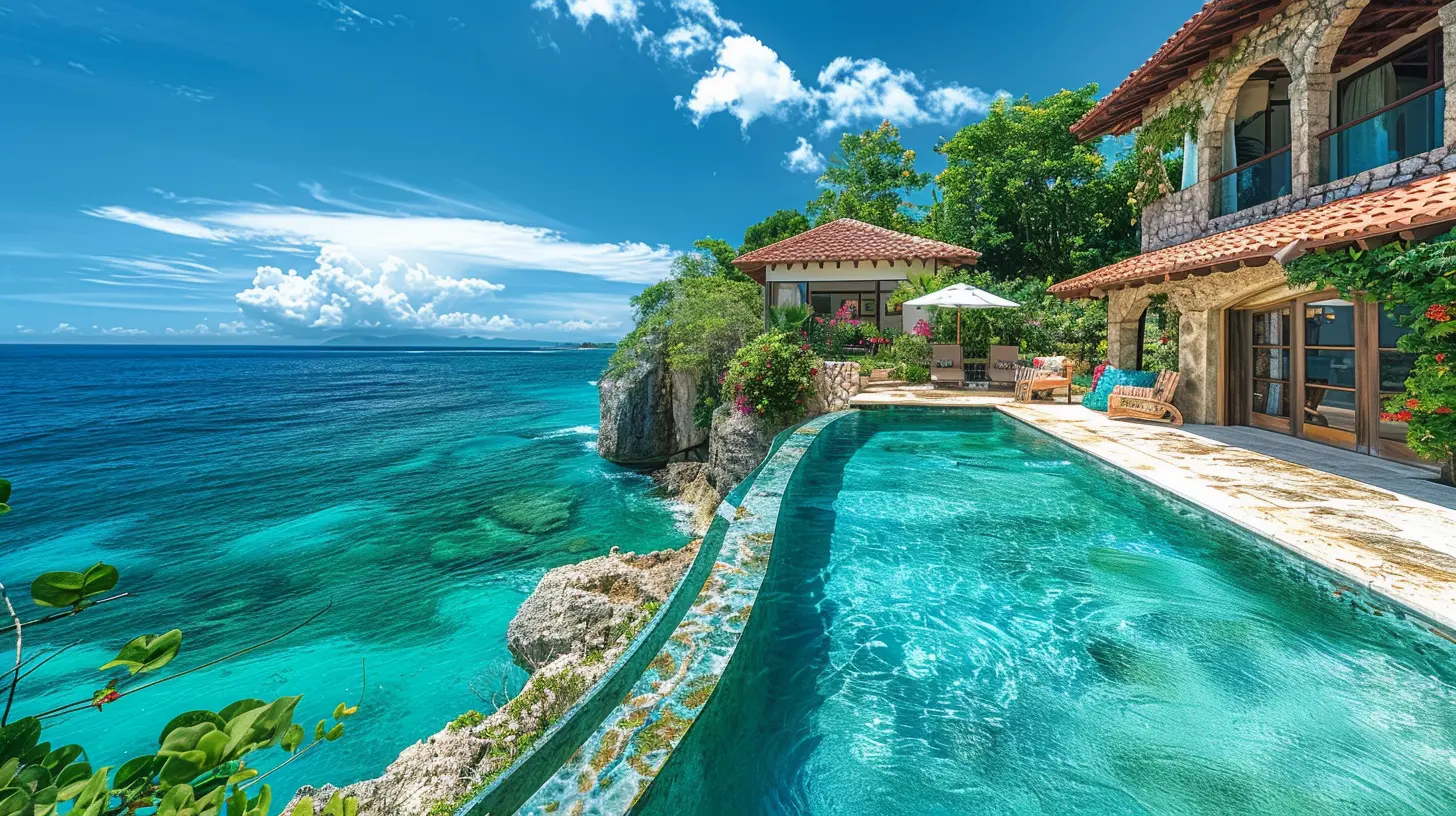4 April 2025
Owning a vacation property abroad sounds like a dream, doesn’t it? Imagine sipping your morning coffee on a sun-soaked balcony overlooking the ocean or retreating to your mountain cabin whenever life gets too hectic. But before you get caught up in the fantasy, there are some harsh realities and important details you need to consider.
Buying property in a foreign country is not as straightforward as purchasing a home in your hometown. From legal requirements to financial commitments, there are plenty of factors that could make or break your investment. Let’s dive into the things every buyer should know before taking the plunge into international real estate.

1. Understand the Legal Requirements
One of the biggest mistakes buyers make is assuming that purchasing vacation property abroad is just like buying real estate in their home country. Newsflash: it’s not.Every country has its own set of rules for foreign buyers. Some nations welcome international investors with open arms, while others impose strict restrictions. For example, certain countries may require you to be a resident before you can buy property, while others may only allow leasehold ownership instead of freehold.
💡 Pro Tip: Always consult a local real estate lawyer before making any decisions. They’ll help you navigate contracts, understand zoning laws, and ensure you comply with tax regulations.

2. Taxes and Fees Can Add Up Fast
If you’re only budgeting for the cost of the house itself, think again. There are plenty of additional expenses that can sneak up on you, including:- Property taxes – These vary significantly from country to country. Some locations have high annual taxes, while others offer tax breaks to foreign investors.
- Stamp duties and transfer fees – Many governments charge a percentage-based fee when a property changes hands.
- Capital gains tax – If you ever decide to sell your vacation property, you may owe taxes on the profit.
- Maintenance and management fees – If you're not living there year-round, you'll likely need someone to manage the property in your absence.
💰 Pro Tip: Always factor in all potential costs before making a purchase decision. A great price on a home can quickly turn into a money pit if you’re not prepared.

3. Financing Isn’t Always Easy
Thinking of getting a mortgage for that stunning beachfront villa? It’s possible—but it’s not always easy. Many foreign banks have strict lending policies when it comes to non-resident buyers. Some won’t offer loans to foreigners at all, while others may require a hefty down payment (think 30–50% of the property's value).Even if you manage to secure a loan, interest rates can be much higher than what you're used to at home. This is why many buyers opt to finance their vacation property through a home equity loan in their home country or by paying in cash.
🏦 Pro Tip: Always compare mortgage options in both your home country and the destination country to find the best deal.

4. Location Is Everything—But So Is Accessibility
Sure, that private island sounds amazing, but how easy will it be to get there? If your vacation property is too remote, it might end up being more of a hassle than a retreat.Consider factors like:
- Proximity to an airport
- Availability of public transportation
- Road conditions (Are they paved or do you need an off-road vehicle?)
- Accessibility during different seasons
A location that sounds great on paper might not be practical in reality, especially if frequent trips to and from the property are part of your plan.
🚗 Pro Tip: Visit the area multiple times at different times of the year to see how accessible it really is.
5. Currency Exchange Can Impact Your Investment
Buying a property abroad means dealing with currency exchange rates, which can fluctuate dramatically over time. If your home currency weakens against the local currency, your property could become more expensive overnight.Additionally, if you're planning to rent your vacation home, consider how exchange rates will impact your earnings. A strong local currency might mean fewer tourists willing to pay high rental prices.
💲 Pro Tip: Consider working with a foreign exchange specialist who can help you lock in favorable rates when transferring large sums of money.
6. Renting It Out? Know the Local Rental Laws
Many buyers purchase vacation properties with the intention of renting them out when they’re not using them. While this sounds like a great way to make the home pay for itself, rental laws vary widely across countries.Some destinations have strict short-term rental restrictions or require special permits for Airbnb and similar platforms. Others might impose high taxes on rental income, making it less profitable than you think.
🏡 Pro Tip: Research local rental laws and potential income tax implications before banking on rental income to cover your investment costs.
7. Property Management Is a Must
If you don’t plan to live in your vacation home full-time, you’ll need someone to take care of it while you're away. That means hiring a property management company to handle things like maintenance, repairs, security, and guest check-ins (if you’re renting it out).A good property manager can be the difference between a stress-free investment and a nightmare. But keep in mind—this service isn’t cheap. Management fees can range from 10% to 30% of rental income, depending on the location and level of service.
🔧 Pro Tip: Read reviews, ask for references, and hire a trustworthy property manager to protect your investment.
8. Healthcare and Insurance Considerations
Owning property in another country means you may need to consider local healthcare services, especially if you plan to spend a lot of time there. Some remote destinations may lack access to quality medical care, which can be a significant issue in emergencies.Additionally, insuring a vacation property can be more complicated than insuring a home in your primary country of residence. Many insurers consider vacation homes to be "higher risk" due to factors like natural disasters, theft, and long periods of vacancy.
🚑 Pro Tip: Look into both healthcare services in the area and the types of insurance coverage you’ll need before finalizing your purchase.
9. Cultural and Language Barriers
Moving to a foreign country, even part-time, means adapting to a new culture and possibly a new language. Some buyers underestimate the challenges that come with daily life in a place where they don’t speak the language fluently.Simple tasks, like setting up utilities or hiring a contractor, can become frustrating if there’s a language barrier. Additionally, cultural differences in how business is conducted can catch you off guard.
🗣 Pro Tip: If you're not fluent in the local language, consider hiring a translator or working with an expat-friendly real estate agent to help smooth the process.
10. Have an Exit Strategy
Not every investment turns out the way you expect. Sometimes, people buy vacation homes only to realize it’s not as practical or enjoyable as they thought. That’s why having an exit strategy is crucial.Before buying, ask yourself:
- What’s the resale market like in this area?
- Is it easy to sell to another foreign buyer?
- Are there any restrictions on selling to non-residents?
Thinking ahead will save you from being stuck with a property that’s difficult to offload.
🚀 Pro Tip: Look at past real estate trends in the area to get an idea of how liquid the market is before purchasing.
Final Thoughts
Owning a vacation property abroad can be an incredible experience—but only if you go in with your eyes wide open. Before making any commitments, take the time to do your research, understand the risks, and seek professional advice.If you plan wisely and make informed choices, your international getaway can become a true paradise rather than a financial headache. So, are you ready to take the plunge the right way?




Zevan Willis
Owning vacation property abroad presents unique opportunities and challenges. Buyers should consider local regulations, tax implications, property management options, and cultural differences. Thorough research and professional advice are essential to ensure a rewarding investment and enjoyable ownership experience.
April 4, 2025 at 2:46 AM